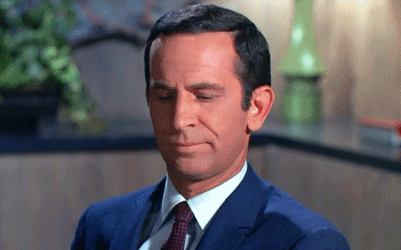Tacomasailor
Veteran Member
We are very experienced long distance cruisers and liveaboards on our 40' sailboat which we purchased new in 1995. I've installed a Force 10 propane stove and then rebuilt that stove.
We are seriously looking at trawlers in the 50' - 60' size and $500,000 range. My wife is adamant she wants to cook with gas.
I want to have a big solar array/battery bank/inverter boat so we can minimize generator usage. We spent 4-years cruising in Mexico with fewer than 90-days in a marina. We've not needed to connect to shore power since 2000.
We looked at a very nice 2000 Cheoy Lee 61 today that had all electric cooking. I asked the salesman, who is a friend, very experienced captain, liveaboard, and owns a boat maintenance business, about switching the electric to propane.
He said it was almost impossible to get USCG approval for propane stove installs on interior cook areas. He also said ABYC standards prohibit electric to propane conversions on power boats where the cooking equipment is in an interior area above a sleeping area or bilge. He also said no insurance survey would approve a gas stove installed in an interior galley.
This is all news to me and seems very confusing. We are looking at a Selene 53 with a Force 10 propane stove/oven installed in a interior galley area.
What are the rules for converting electric cooking to propane cooking in big power boats?
Thanks
We are seriously looking at trawlers in the 50' - 60' size and $500,000 range. My wife is adamant she wants to cook with gas.
I want to have a big solar array/battery bank/inverter boat so we can minimize generator usage. We spent 4-years cruising in Mexico with fewer than 90-days in a marina. We've not needed to connect to shore power since 2000.
We looked at a very nice 2000 Cheoy Lee 61 today that had all electric cooking. I asked the salesman, who is a friend, very experienced captain, liveaboard, and owns a boat maintenance business, about switching the electric to propane.
He said it was almost impossible to get USCG approval for propane stove installs on interior cook areas. He also said ABYC standards prohibit electric to propane conversions on power boats where the cooking equipment is in an interior area above a sleeping area or bilge. He also said no insurance survey would approve a gas stove installed in an interior galley.
This is all news to me and seems very confusing. We are looking at a Selene 53 with a Force 10 propane stove/oven installed in a interior galley area.
What are the rules for converting electric cooking to propane cooking in big power boats?
Thanks


